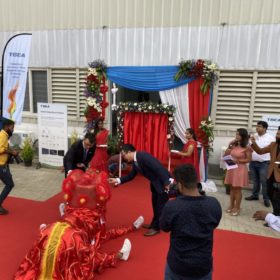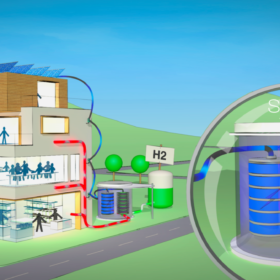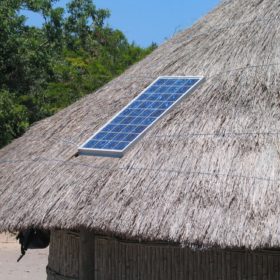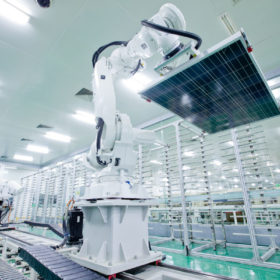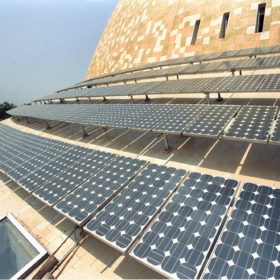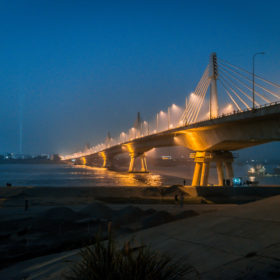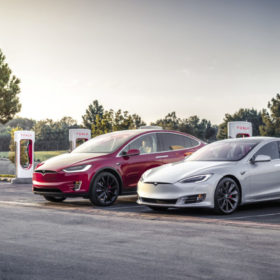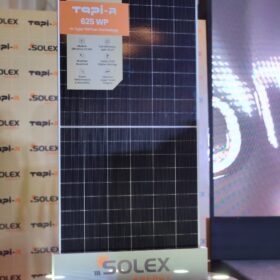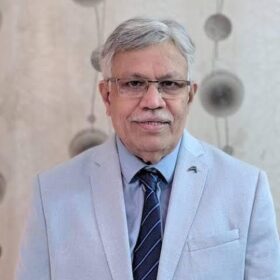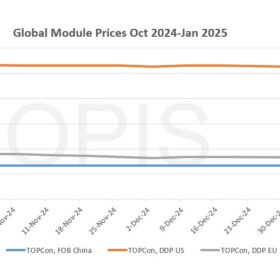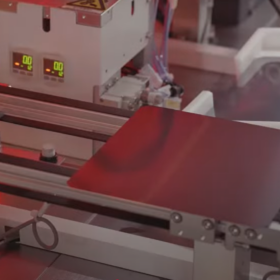TBEA’s new 2 GW factory in India to produce string and central inverters
pv magazine recently attended the opening ceremony of TBEA’s GW-class new energy equipment manufacturing base in Bangalore–the city that also hosted the recent Intersolar India exhibition and conference in the same week as TBEA’s inauguration ceremony.
French consortium develops hybrid storage and co-generation system
The Smart Energy Hub can operate in electrolysis mode to store renewable energy as hydrogen, or in fuel cell mode to produce electricity and heat from previously produced hydrogen or methane. Its developers are the French Alternative Energies and Atomic Energy Commission and start-up Sylfen.
Off-grid solar sector witnesses sales of 4.1 million products in six months
Industry body Gogla and the World Bank’s Lighting Global program said the last six months set a record for off-grid solar deployment. Solar home systems and other small off-grid appliances are being used in ever larger numbers.
JinkoSolar launches Tiger module Down Under
The Chinese manufacturer officially unveiled its high-efficiency product in Melbourne after celebrating a 13.6 MW panel order from the nascent Hungarian PV market.
Commercial rooftops will lead renewables growth in the next five years
Although the International Energy Agency’s latest renewables report forecasts impressive solar growth there is still a nagging feeling it has produced conservative estimates and the emphasis on sharing costs with grid operators is predictable.
Bangladeshi developer accuses India of dumping poor quality panels over the border
Visitors to this year’s Solar Bangladesh Expo have called for the implementation of quality standards on solar imports – action which the government is currently pursuing – with one industry insider rubbishing Indian-made products.
German-led group wins bid to set up 50 MW solar plant in Bangladesh
Developer ib vogt beat rival Scatec Solar to land the contract for a project which will sell solar electricity to the Bangladeshi government for $0.1094/kWh for 20 years.
All eyes on the Indian government
India’s total installed solar capacity touched 34.1 GW on June 30, 2019. The total was split between 27.9 GW of utility-scale PV, 4.6 GW of rooftop solar and 1.26 GW of off-grid solar. The nation’s total project pipeline – projects allocated to developers and those in various stages of development – stood at 19.69 GW as of June 30. Bridge to India’s Sai Nandamuri looks at the outlook for Indian solar in 2019 and 2020.
China to fund 450 MW of solar capacity in Bangladesh
The two nations have signed an MoU to set up the capacity in the north of Bangladesh along with 50 MW of wind power facilities in the south, near the port of Payra. China will supply an estimated $500m with the host nation freeing up land for the projects.
Australia shows the way forward for EVs in nations with vast distances
The Australian Renewable Energy Agency will contribute $15 million towards a planned nationwide network of ultra-fast charging stations that could show the way ahead for electromobility in India.
